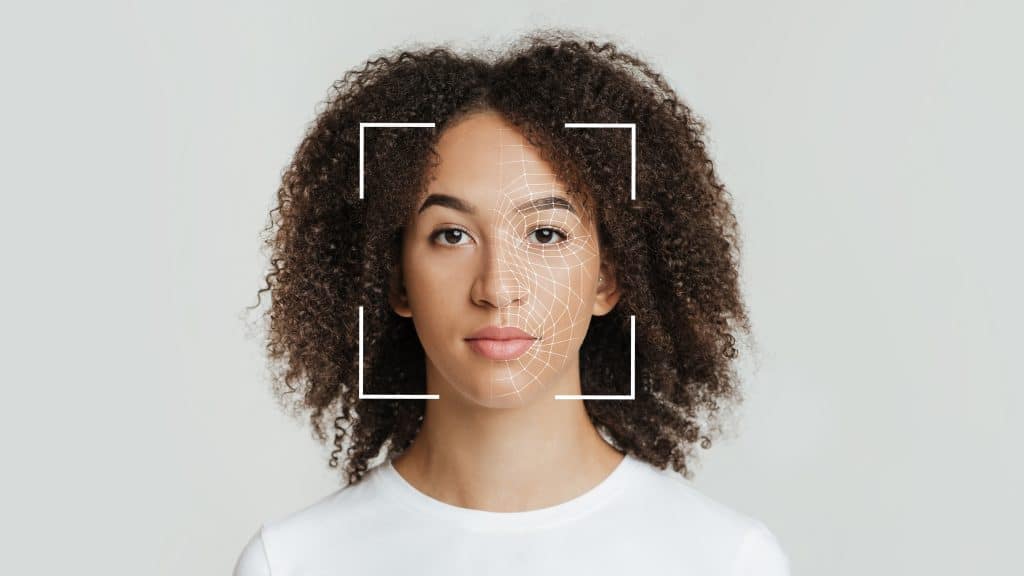Are US border officers using LexisNexis facial recognition service? Washington’s not saying
A small U.S. government contract with a previously anodyne data broker is tripping alarms with surveillance watchdogs.
Reporting by investigative publisher The Intercept indicates that Customs and Border Protection signed a $15.9 million, five-year surveillance-services contract in December that included facial recognition.
The contract went to LexisNexis, a data broker well known in U.S. business and research markets. The border is getting dense with biometrics.
The contract was for a bundle of surveillance tools that use personal data. It reportedly covers facial recognition, social media monitoring, jail booking information and the mapping and analysis of subjects’ physical location.
CBP, a Department of Homeland Security agency, would want the services to track immigrants, but its agents have shown up at domestic social justice protests, too.
Personal data transactions are occurring without judicial oversight, according to The Intercept.
There is confusion whether facial recognition services actually are being sold, however. The contract states that it is something being billed for, but the company’s site claims LexisNexis Risk Solutions doesn’t provide facial recognition to Homeland Security or Immigration and Customs Enforcement.
ICE has previously used the same software for social media monitoring, Babel X, but contracted facial recognition from Clearview AI, Bloomberg Law reports.
Neither Customs nor LexisNexis would discuss the story with The Intercept (or with Bloomberg in the follow-on article).
A chief worry for people in the privacy community quoted in these articles, is that bundled contracts are easier to hide from the public. It is more typical for government agencies to seek bids on discrete services.
Maybe facial recognition was swept into a contract inadvertently or it could have been included in the slate to minimize its visibility. It will be hard to know until the government comments.







